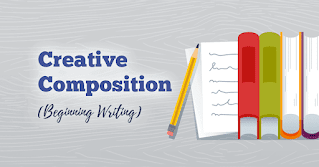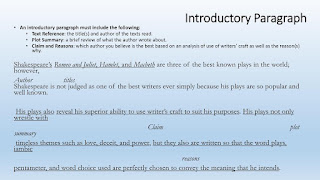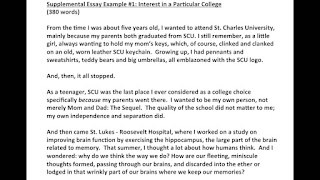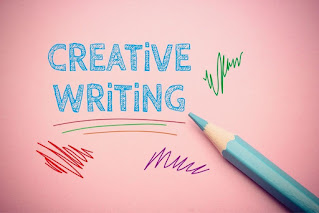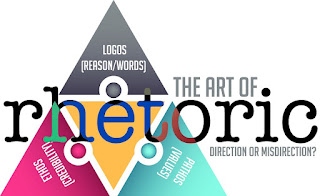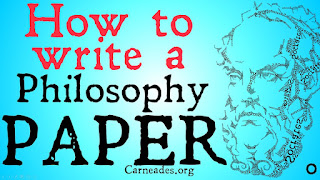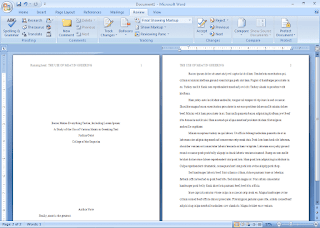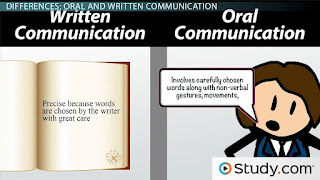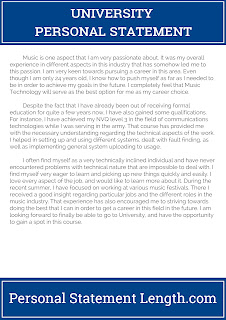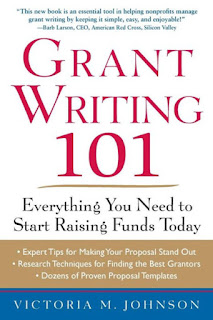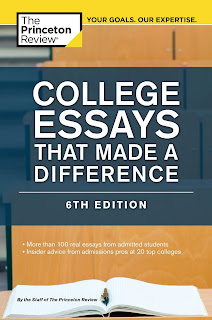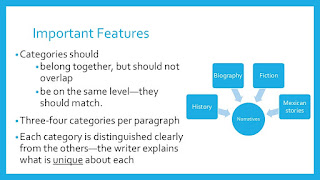Beginner Writing Classes
Are you interested in improving your writing skills but don't know where to start? Look no further! Beginner writing classes are the perfect way to unlock your writing potential and unleash your creativity. Whether you aspire to become a professional writer, want to enhance your academic performance, or simply enjoy writing as a hobby, these classes cater to individuals at the early stages of their writing journey.
The Importance of Beginner Writing Classes
Writing is a valuable skill that plays a pivotal role in various aspects of life. From writing essays and reports to crafting compelling stories, having strong writing abilities opens doors to countless opportunities. Beginner writing classes offer a structured approach to help you build a solid foundation and equip you with the essential techniques and strategies to express yourself effectively through the written word.
Here are some key benefits of enrolling in beginner writing classes:
- Learning the Basics: These classes provide a comprehensive introduction to the fundamentals of writing. You will learn about grammar, punctuation, sentence structure, and vocabulary, which are vital for clear communication.
- Developing Writing Confidence: Many individuals possess great ideas but struggle to express them coherently on paper. Beginner writing classes focus on developing your confidence in expressing your thoughts and ideas effectively, enabling you to articulate yourself with clarity and conviction.
- Receiving Constructive Feedback: One of the most substantial advantages of these classes is the opportunity to receive feedback from experienced instructors and fellow classmates. Constructive criticism helps you identify areas of improvement and refine your writing skills.
- Enhancing Creativity: Writing is an art form, and beginner classes encourage you to explore your creative side. Through writing exercises and prompts, you will learn how to tap into your imagination and produce engaging and compelling content.
- Networking Opportunities: Joining a writing class connects you with like-minded individuals who share your passion for writing. The class environment allows you to interact, exchange ideas, and potentially collaborate with fellow writers, fostering a supportive network.
How to Choose the Right Beginner Writing Class
Now that you understand the benefits of beginner writing classes, it's important to know how to choose the right class for your needs. Here are a few factors to consider:
- Instructor Expertise: Research the background and experience of the instructor. A qualified instructor with industry expertise can provide valuable insights and guidance to help you progress.
- Curriculum: Review the course curriculum to ensure it covers the topics you are interested in. Look for classes that include grammar, composition, storytelling techniques, and other relevant areas.
- Class Size: Understand the class size and student-to-instructor ratio. Smaller class sizes allow for more personalized attention and better opportunities for feedback and interaction.
- Format and Flexibility: Consider whether you prefer in-person classes or online sessions. Online classes can be more flexible and convenient, especially for those with busy schedules.
- Cost and Duration: Evaluate the cost and duration of the class and determine if it aligns with your budget and availability. Many beginner writing classes offer different options, including short-term workshops or longer-term courses.
With the right beginner writing class, you can embark on a fulfilling writing journey and unlock your true potential as a wordsmith. So, what are you waiting for? Enroll in a beginner writing class today and start honing your writing skills!
